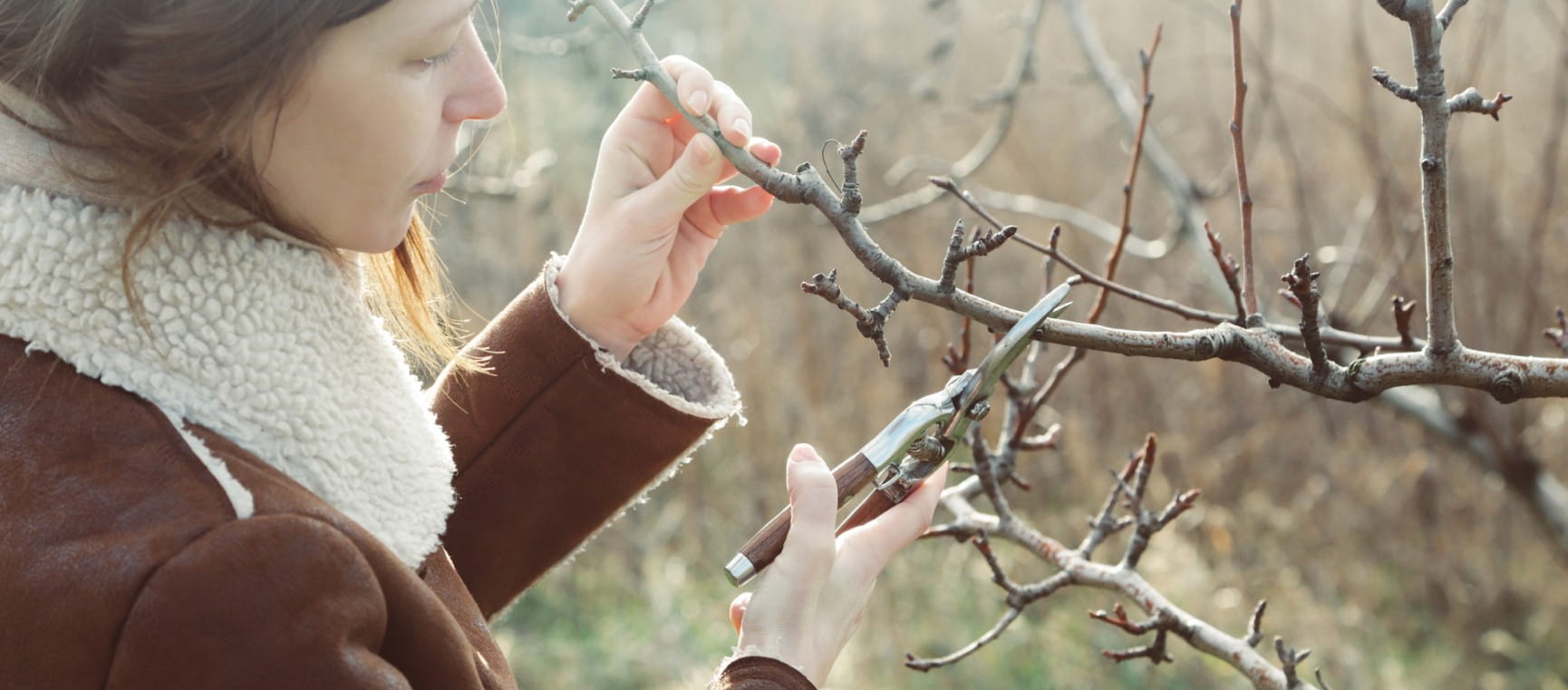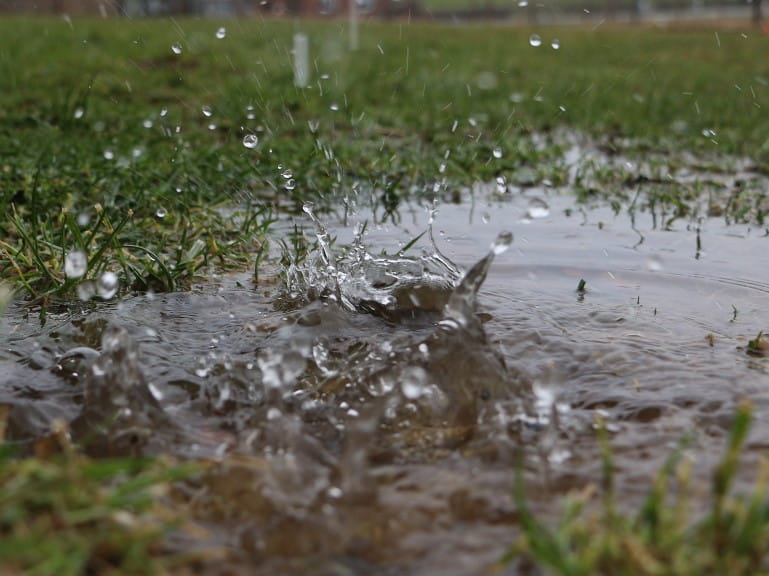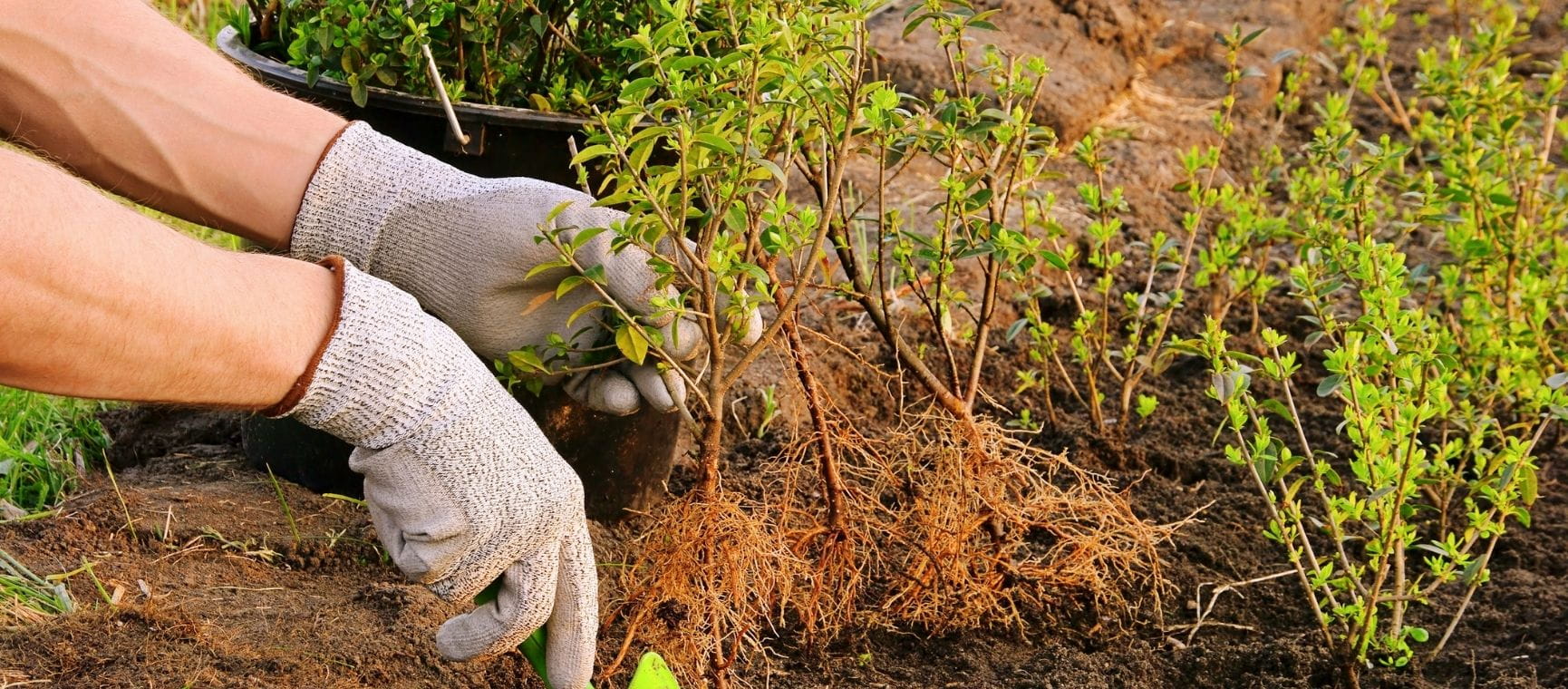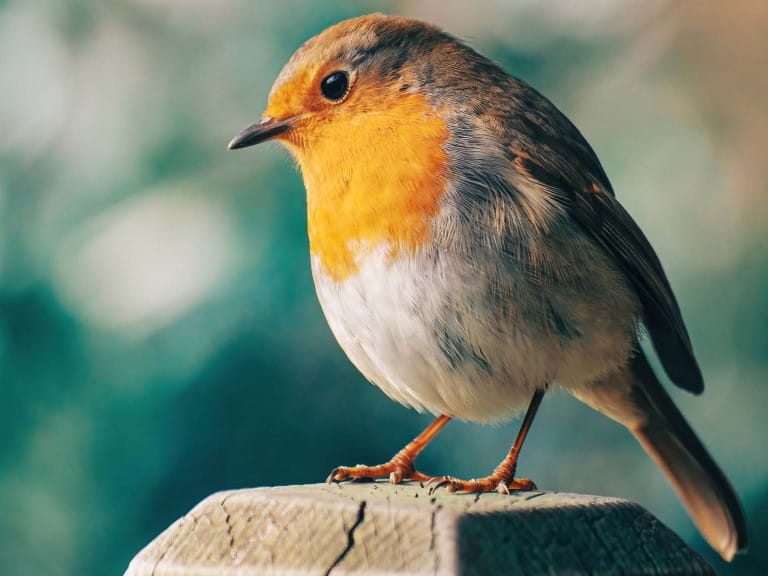Gardens
Gardening and landscape design ideas to help you make the most of your outdoor living space.

Celebrate snowdrop season with 6 of the best places to see them

Jobs for the garden in January
January isn't a time to put your feet up if you want to get ahead in your garden.

How to deal with waterlogged soil in your garden
The best ways to improve soil drainage and choose plants that thrive in damp conditions.

How to plant bare-root roses, trees and hedging

How to grow your own vegetables - with tips from the gardening experts
Nothing beats home-grown food for taste, value and nutrition - here experts share their advice to save you time and effort.

The 10 best plants to attract birds into your garden

How to grow your own vegetables - with tips from the gardening experts
Nothing beats home-grown food for taste, value and nutrition - here experts share their advice to save you time and effort.

Give your garden shed a winter tidy - 5 steps to clean and declutter
It's the perfect time to tidy and organise your shed, pots and tools ready for the year ahead.

Win a £500 gift card for Dobbies Garden Centres
Bring home some festive magic with our competition to win £500 to spend at your local Dobbies Garden Centre.

The best winter-flowering perennials for colour and scent

The quick window safety tip to help save British birds
Every year millions of birds die as a result of flying into glazing. A simple act can change that.

Colourful winter bedding plant ideas

Wimbledon's head gardener shares his planting tips
If you love the beautiful planting on display at Wimbledon, check out these winning tips from head gardener Martyn Falconer

When to take fuchsia cuttings

For a limited time, enjoy 3 issues of Saga Magazine for just £1. Receive the next 3 print editions delivered direct to your door, plus 3 months’ unlimited access to the Saga Magazine app—perfect for reading on the go.
Don’t miss your chance to experience award-winning content at an exceptional price.
Play our free daily puzzles
Beat the boredom and exercise your mind with our selection of free puzzles.



